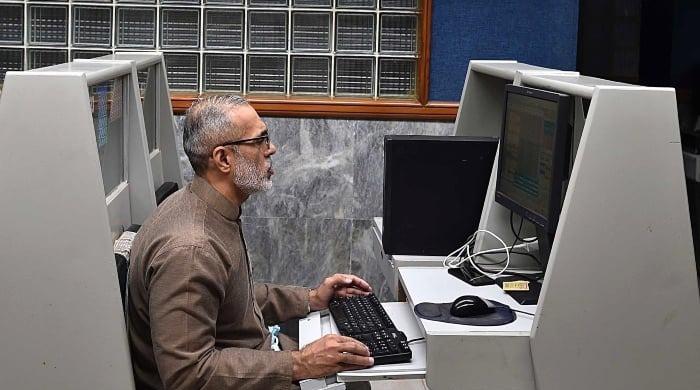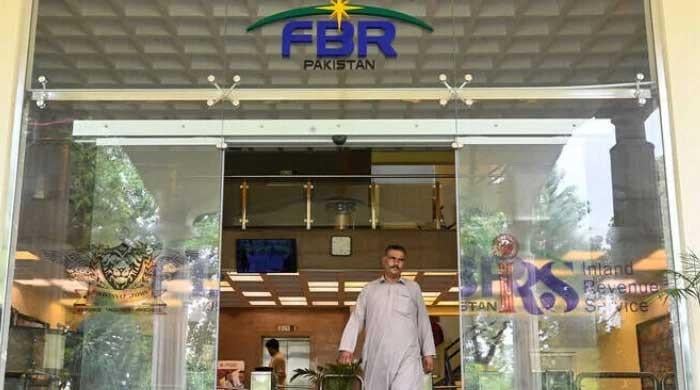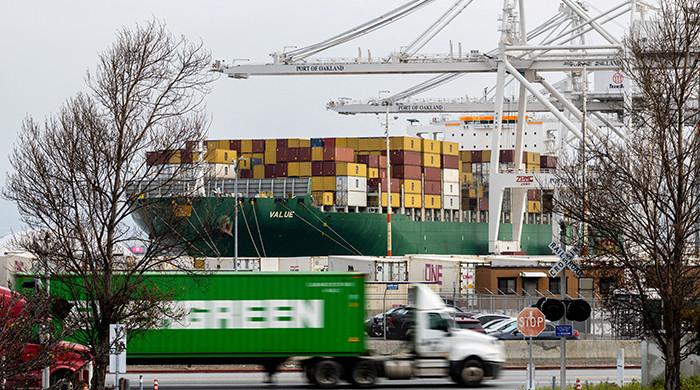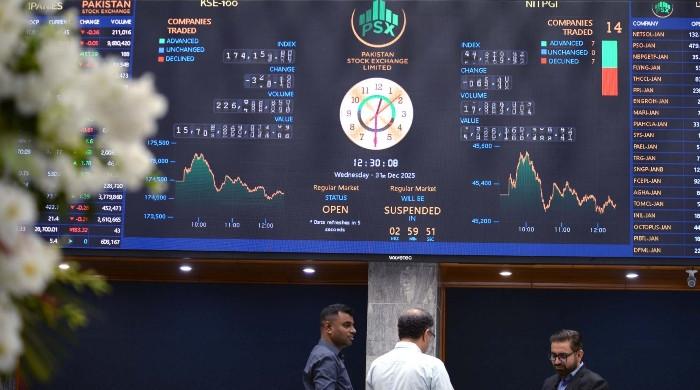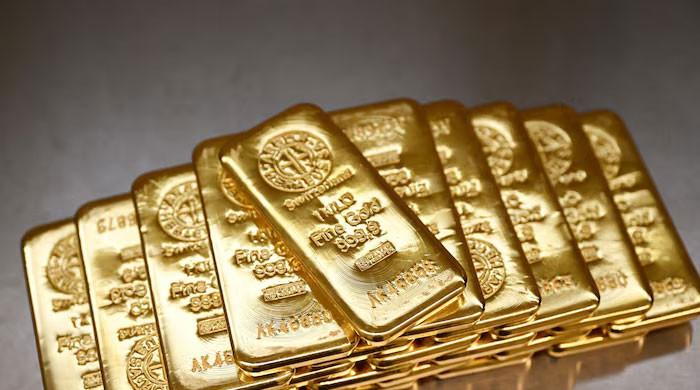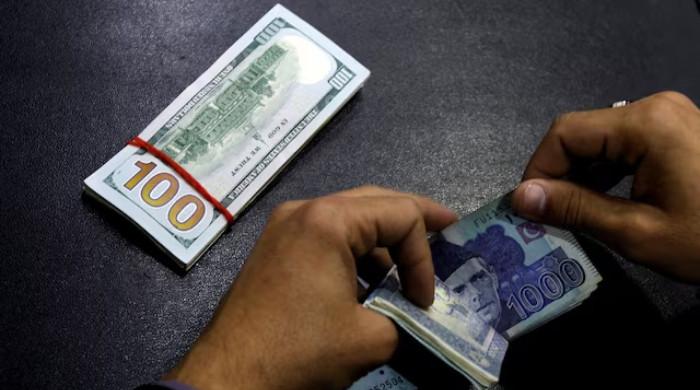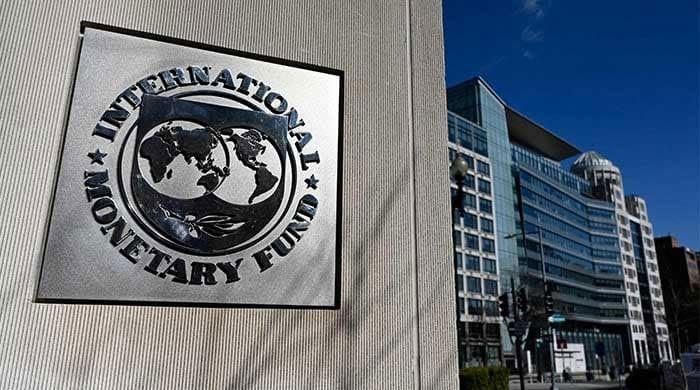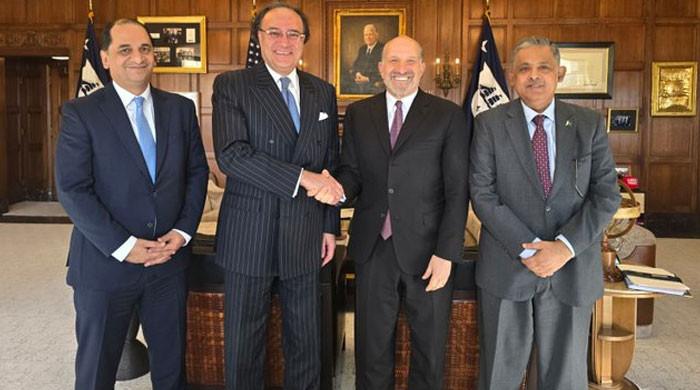MSCI downgrades PSX from Emerging Markets to Frontier Markets
MSCI will reclassify MSCI Pakistan Indexes in one step, coinciding with the Nov 2021 Semi-Annual Index Review
September 08, 2021
- The MSCI will reclassify the MSCI Pakistan Indexes in one step, coinciding with the Nov 2021 Semi-Annual Index Review.
- As an immediate reaction, local and foreign investors may resort to panic selling of shares at the stock market today.
- The MSCI has given an estimated index weight of 1.90% — based on a stimulation using pro forma data as of August 31, 2021.
NEW YORK: In line with market expectations, the Morgan Stanley Capital International (MSCI) announced that it will reclassify the MSCI Pakistan Indexes from its Emerging Market Index (EMI) to Frontier Markets Index (FMI).
Earlier in June, the MSCI — a leading provider of critical decision support tools and services for the global investment community — proposed that it will downgrade the Pakistan Stock Exchange (PSX) from EMI to FMI. The proposal came on the back of a continuous drop in share price of its listed firms for quite a long time.
As an immediate reaction to the much-needed clarity, local and foreign investors may resort to panic selling of shares at the stock market and new investors may take fresh positions across the board in medium to long-run.
According to the statement issued by the MSCI, the decision has been taken on the basis of the feedback received from market participants from its recent consultation on a Market Reclassification Proposal for the MSCI Pakistan Index.
It said: “The MSCI will reclassify the MSCI Pakistan Indexes from Emerging Markets to Frontier Markets in one step, coinciding with the November 2021 Semi-Annual Index Review (SAIR).”
Against the market speculations of that, the MSCI Pakistan FM would have weight of 2.3% in MSCI Frontier Market Index and 5.8% in the MSCI Frontier Market 100 Index, the financial company has given an estimated index weight of 1.90% — based on a stimulation using pro forma data as of August 31, 2021.
This would lead to the inclusion of four securities in the MSCI Frontier Markets Index.
The statement further added that although the Pakistani equity market met the requirements for the market accessibility under the classification framework for Emerging Markets, “it no longer meets the standards for size and liquidity.”
“Starting with the November 2021 SAIR, the MSCI Pakistan Indexes will be rebalanced using size and liquidity requirements for smaller, average liquidity Frontier Markets,” it read.
Speaking to Geo.tv, Arif Habib Limited Head of Research Tahir Abbas said: “Although the Frontier Market has shrunk in size since 2017, amid global redemptions in the wake of COVID-19, we believe our weight will gradually go up as markets rebound and attract pre-corona foreign inflows, and the weight of the Bangladesh and Nigeria market is currently frozen.”
The analyst added: “Moreover, barring Vietnam, the fundamentals of the KSE-100 index are relatively stronger than those of the peer markets (with a higher weight) with valuations at very enticing levels.”
Overall dynamics of the benchmark KSE-100 index are comparatively stronger than the peer markets with a higher weight such as Kazakhstan, Kenya, Bangladesh etc.
According to some financial experts the PSX reclassification in FMI would support companies to regain their share prices.
Moreover, stakeholders expect the market to rebound to over 50,000 points by end of the calendar year – 2021.”
The simulated index for MSCI Pak FM would have a total 23 companies including four standard and 19 small cap as compared to current 16 companies in MSCI Pak EM (three mid cap and 13 small cap).
Tahir mentioned that the small cap of simulated MSCI Pak FM will include Pakistan Petroleum, Mari Petroleum, Engro Corporation, UBL, Fauji Fertiliser Company, Pakistan Oilfields, Pakistan State Oil, Hub Power Company, Indus Motor Company, Engro Fertiliser, TRG Pakistan, BankAl Habib, Abbott Laboratories, National Bank of Pakistan, Systems Limited, Millat Tractors, Searle, Bank AlFalah and Packages Limited.
Meanwhile, the MSCI Pak FM standard cap will most probably include Lucky Cement, Muslim Commercial Bank, Habib Bank and Oil and Gas Development Company.
Pakistan had been upgraded to the MSCI EMI in May 2017 after a gap of nine years. Previously, the MSCI placed Pakistan in the Frontier Market Index in 2009.
According to analysts, reclassification of the PSX will help increase the number of foreign investors as many market participants have continued to advocate that Pakistan was much better off in the MSCI FM index.
Foreign investors invest capital in different countries by looking at the MSCI indices. The investment plan of these passive investors depends on the changes ie on its weight or classification by the financial company.
While a downgrade reclassification may sound as a demotion but market players insist that a higher weight in the FMI will increase foreign investment.
The brokerage house in a report noted that the MSCI has also started the consultation on MSCI FM 100 index and MSCI FM 15% country capped index which will be announced in the February 2022 quarterly review (applicable in the May 2022 SAIR).
The market classification framework for MSCI FM is full market cap of $1,171 million, free float market cap of $88 million and ATVR at 2.5% as compared to MSCI EM criteria of full market cap at $2,343 million, free float market cap at $1,171 million and ATVR of 15%.
Impact of reclassification
The potential inflows and outflows remain early estimates and may largely net off, however, according to Topline Securities the reclassification to FMI from EMI may turn out to be beneficial for Pakistan in terms of reduction in foreign selling.
Foreigners have sold equities worth $730 million (net) since December 31, 2019 and have sold equities worth $159 million (net) this year already.
The brokerage house added: "We expect the selling pressure from foreign fund to persist till at least November 2021, and may ward off post the rebalancing."




